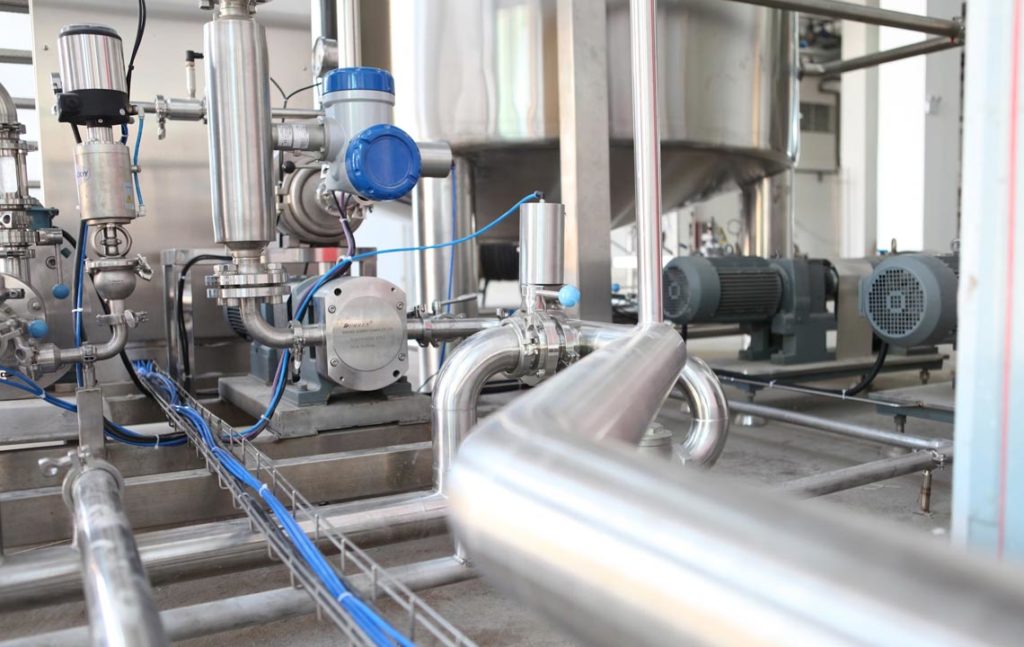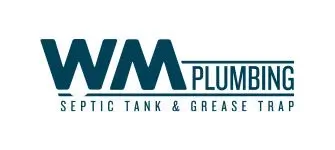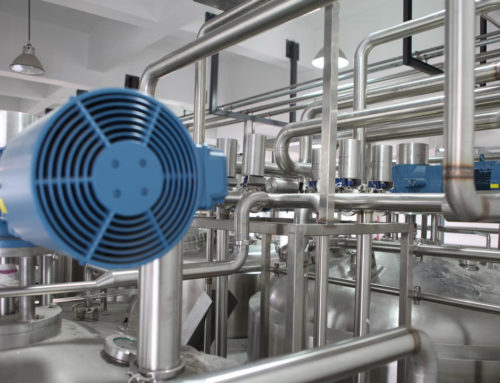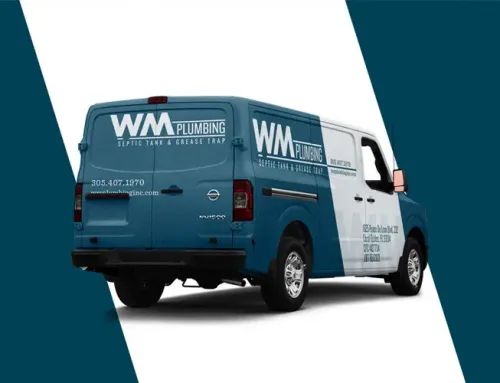5 Cost-Effective Tips for Maintaining Commercial Plumbing

Maintaining commercial plumbing systems is crucial for the smooth operation of businesses, ensuring uninterrupted service to customers and minimizing costly repairs. Here are five cost-effective tips to help businesses effectively maintain their commercial plumbing:
1. Regular Inspections and Preventive Maintenance
Regular inspections are essential for identifying potential issues before they escalate into costly repairs. Schedule annual inspections with a qualified plumber to assess the condition of your commercial plumbing system thoroughly. During inspections, plumbers can detect leaks, corrosion, clogs, and other plumbing problems early on. Addressing these issues promptly can prevent more extensive damage and reduce repair costs in the long run.
Implement a preventive maintenance plan based on the findings of inspections. This plan should include tasks such as checking for leaks, inspecting water pressure, cleaning drains, and testing fixtures for proper operation. Preventive maintenance helps extend the lifespan of plumbing components and ensures the reliability of your commercial plumbing system.
2. Educate Staff on Proper Plumbing Practices
Proper plumbing practices play a significant role in maintaining the integrity of commercial plumbing systems. Educate staff members on best practices, such as avoiding flushing non-biodegradable items down toilets, disposing of grease properly, and using fixtures correctly. Provide training on how to identify signs of plumbing issues, such as leaks or unusual noises, and encourage them to report problems promptly.
By promoting awareness and responsible use of plumbing facilities among employees, businesses can prevent common plumbing problems caused by misuse or negligence. This proactive approach helps maintain plumbing efficiency and reduces the frequency of repairs.
3. Upgrade to Water-Efficient Fixtures
Replacing outdated plumbing fixtures with water-efficient models can yield significant water and cost savings over time. Water-efficient faucets, toilets, urinals, and pre-rinse spray valves are designed to use less water without compromising performance. Look for fixtures certified by programs like WaterSense, which ensures they meet water efficiency and performance standards.
Investing in water-efficient fixtures not only reduces water bills but also contributes to sustainability efforts by conserving water resources. Calculate potential savings in water usage and utility costs to assess the return on investment (ROI) of upgrading to water-efficient fixtures for your commercial establishment.
4. Address Plumbing Issues Promptly
Promptly addressing plumbing issues such as leaks, clogs, and dripping faucets is crucial to preventing water damage and minimizing repair expenses. Encourage staff to report plumbing problems immediately so they can be addressed by a qualified plumber. Ignoring minor issues can lead to more significant problems over time, resulting in costly repairs and potential disruption to business operations.
Establish clear protocols for reporting and responding to plumbing emergencies to ensure timely resolution. Have emergency contact information readily available for plumbing services that offer 24/7 assistance, enabling quick response to urgent plumbing issues outside of regular business hours.
5. Monitor Water Pressure and Usage
Monitoring water pressure and usage in your commercial plumbing system helps detect abnormalities that may indicate underlying issues. High water pressure can strain pipes, leading to leaks and premature wear, while low water pressure can indicate blockages or other plumbing problems. Install pressure gauges and flow meters to monitor water pressure and usage levels regularly.
Analyze water usage patterns to identify areas where water conservation measures can be implemented effectively. Implementing strategies such as installing aerators on faucets and using programmable irrigation systems can help optimize water usage and reduce utility costs.
Conclusion
Implementing these cost-effective tips for maintaining commercial plumbing can help businesses optimize efficiency, reduce operational costs, and prolong the lifespan of plumbing systems. Regular inspections, preventive maintenance, staff education, upgrading to water-efficient fixtures, and promptly addressing plumbing issues are essential practices for maintaining reliable plumbing operations. By investing in proactive maintenance and adopting water-saving practices, businesses can ensure their commercial plumbing systems operate smoothly and efficiently, contributing to overall business success. Partner with experienced plumbers and incorporate these tips into your maintenance strategy to achieve long-term benefits for your commercial establishment.



